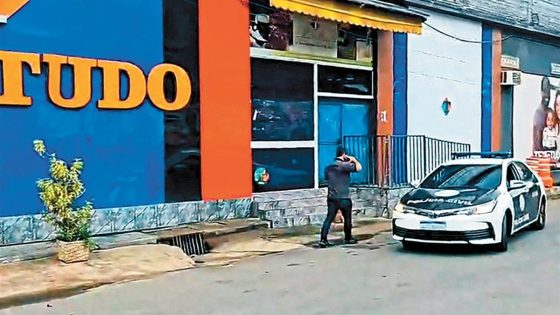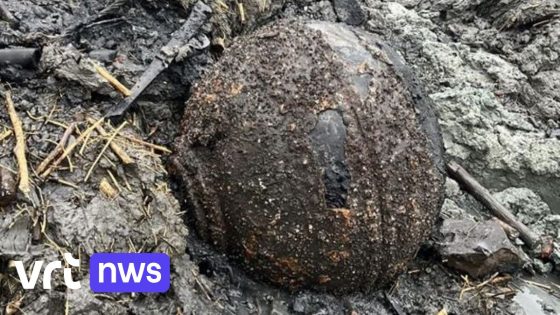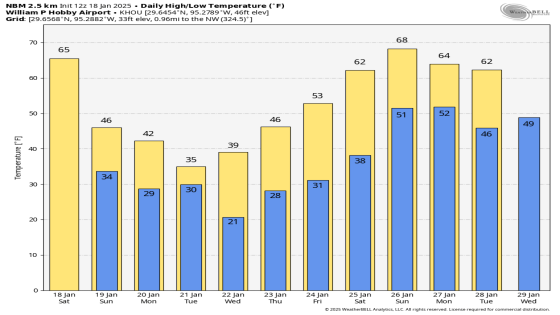A shocking investigation revealed that a company in Três Rios, Brazil, purchased 800 tons of meat submerged in floodwaters and sold it across the country. On January 23, 2025, authorities arrested four individuals linked to this disturbing crime, raising serious questions about food safety and consumer protection.
- Company sold flood-damaged meat nationwide.
- Four individuals arrested in Três Rios.
- Police estimate profits at R$ 5 million.
- Investigations reveal potential food safety violations.
- Expired COVID-19 tests found during operation.
- Multiple businesses linked to arrested individuals.
Brazil’s Meat Scandal: How 800 Tons of Flood-Damaged Products Were Sold
How could a company sell meat that was submerged in floodwaters? The recent arrests in Três Rios expose a troubling scheme where contaminated products were marketed as safe for consumption. Authorities are now investigating the full extent of this operation.
Implications of the Três Rios Meat Scandal for Food Safety in Brazil
The investigation into the Três Rios company has raised alarming questions about food safety in Brazil. The company, Tem Di Tudo Salvados e Distribuidora, allegedly bought 800 tons of meat that had been submerged during floods in Rio Grande do Sul and sold it without proper inspection. Here are some key points:
- Authorities have only traced 17 tons of the contaminated meat so far.
- The company reportedly made a profit of around R$ 5 million from this fraudulent operation.
- Some products were even found to be marketed as high-quality cuts.
- Further investigations may reveal more unsafe products in the market.
Understanding the Scale of the Fraud: 800 Tons of Contaminated Meat
The scale of this fraud is staggering. Authorities discovered that the company paid only R$ 0.90 per kilogram for the meat, which had been rendered unsafe due to flooding. This means they were able to sell it at a significant markup, raising concerns about the integrity of food distribution networks.
What Can Consumers Learn from This Incident?
Consumers should remain vigilant about food safety. This incident underscores the importance of knowing where your food comes from and the conditions under which it was produced. It’s essential for consumers to advocate for transparency in food sourcing and to support regulations that protect public health.
Future Steps for Food Safety Regulations in Brazil
In light of this scandal, Brazilian authorities are likely to tighten regulations surrounding food safety. Enhanced inspections and stricter penalties for violations may be on the horizon to prevent similar incidents from occurring in the future.

































